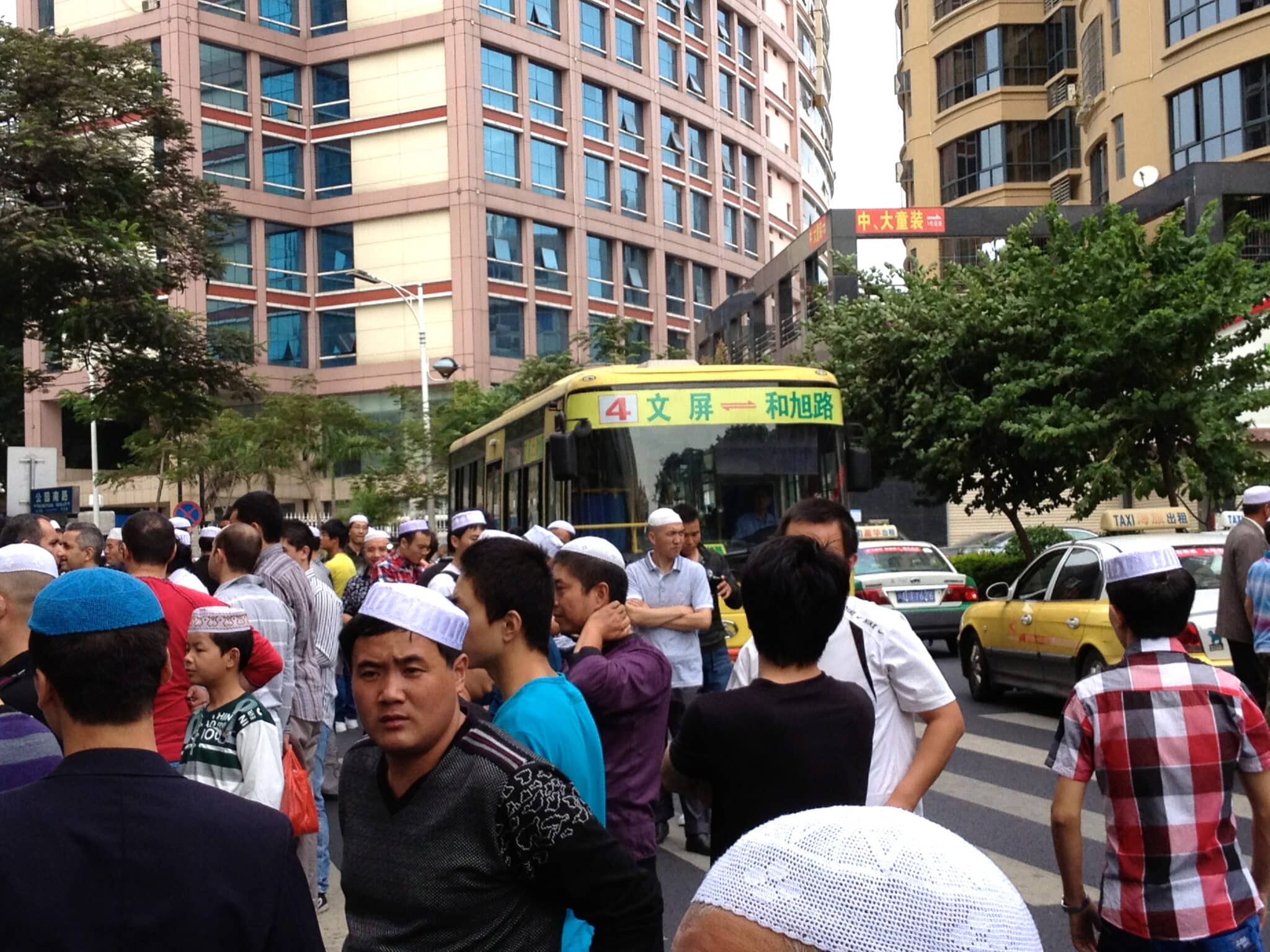Ma’s charisma is seductive. A fourth-year undergraduate at the prestigious Xiamen University, Ma struck me as an obvious outlier in the tundra of ossified groupthink that dominates the modern Chinese university.
Over lunch at the school’s halal dining hall in December, Lanzhou-native Ma explained that he chose to major in philosophy in deliberate defiance of the Chinese derision of the humanities (wenke). He wanted to use his time in college to learn how to think and express just what it is that he thinks; he knew that he would have his whole life to crunch numbers. And crunch them he will—he looks forward to a consulting gig at a real estate development firm in burgeoning Hainan next year.
But Ma could hardly finish a sentence without being interrupted by his friends, Chinese and foreign. I was lunching with a personality at the heart of Xiamen University’s Muslim population. As he adroitly toggled between conversations, into which he injected undeniable genuineness, I would never have imagined that he found himself at the center of a well-hidden scandal just a few months earlier.
During an examination (jiancha) of the school’s halal food stocks in March 2012, students found that a portion of the meat was not, in fact, halal. When the school responded with a shallow excuse—that they had thought that anything that is not pork is basically halal, regardless of whether or not it is marked as such—Chinese and foreign Muslim students demanded a meeting with the administration.
The scope of the scandal broadened when a Chinese Muslim student published an article about a meal that that she had recently shared with an Iraqi classmate at the halal dining hall. During the meal, the Iraqi girl ate exclusively vegetables. When the Chinese student asked her why she was avoiding meat, the Iraqi laughed and told her friend not to worry about it.
To compound Chinese Muslim suspicions that their foreign coreligionists had previously known that the food was not halal but neglected to tell their Chinese classmates, foreign Muslims reacted very level-headedly (pingjing) to the scandal, a suspicious contrast with the raw anger of the Chinese Muslim students.
As the middleman between the foreign and Chinese Muslim students at the university, Ma found himself mediating between two factions that should have been able to unite as common victims in such a lurid “only in China” scandal.
Xiamen’s foreign Muslims chided Ma, claiming that he and other Chinese students should never have been so innocent (danchun) in their allocation of dietary trust. They also claimed that they had avoided informing Ma and his Chinese Muslim classmates because they had not thought that they had the right (quanli) to interfere with a Chinese issue. Instead, they shriveled into a vegetarian silent majority—a lackluster excuse, Ma opined.
Ultimately, however, the foreign Muslims rallied for their Chinese classmates. At the meeting with school administrators, the school’s representatives appreciated the weight of the issue only when foreign students threatened to send complaints to their countries’ Beijing embassies. The university aimed to minimize the scope of the scandal down to its simplest denominator—a dispute between administration and a disgruntled student population—and skirt a potential international relations showdown.
I was fortunate to have met Ma. His intellectual curiosity about how I might react to the scandal was the only reason he mustered the audacity to discuss what has been a tightly guarded secret by Xiamen’s Islamic community.


